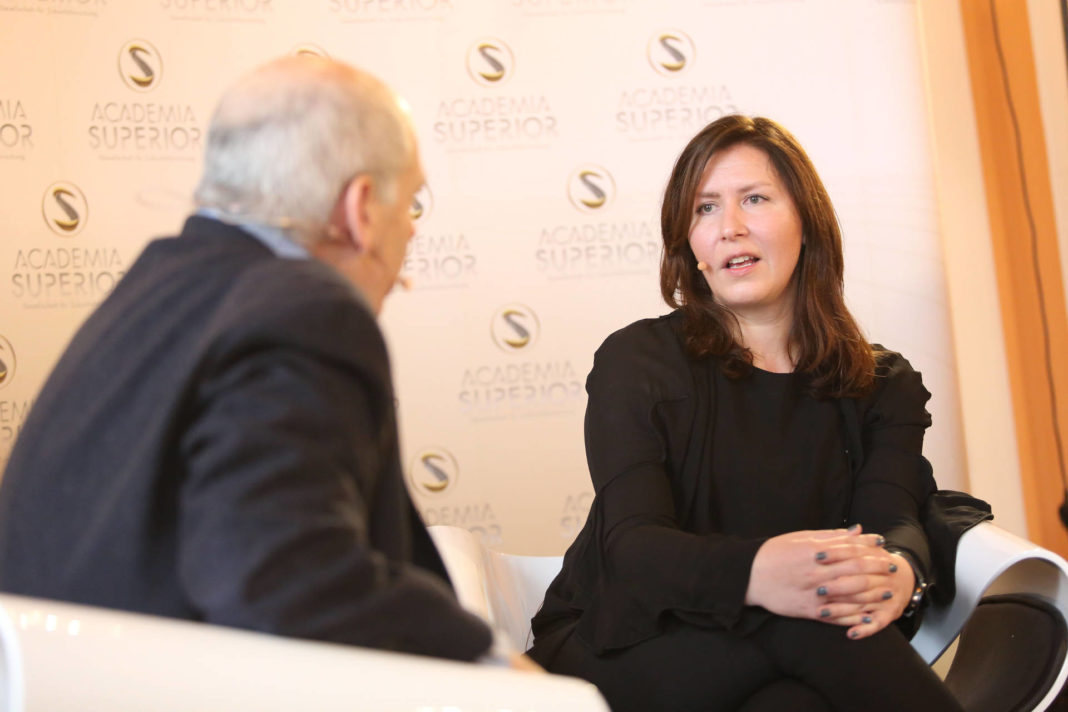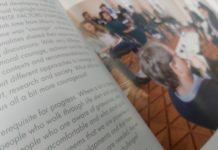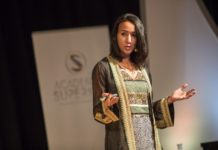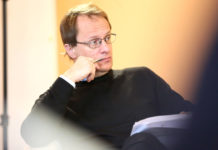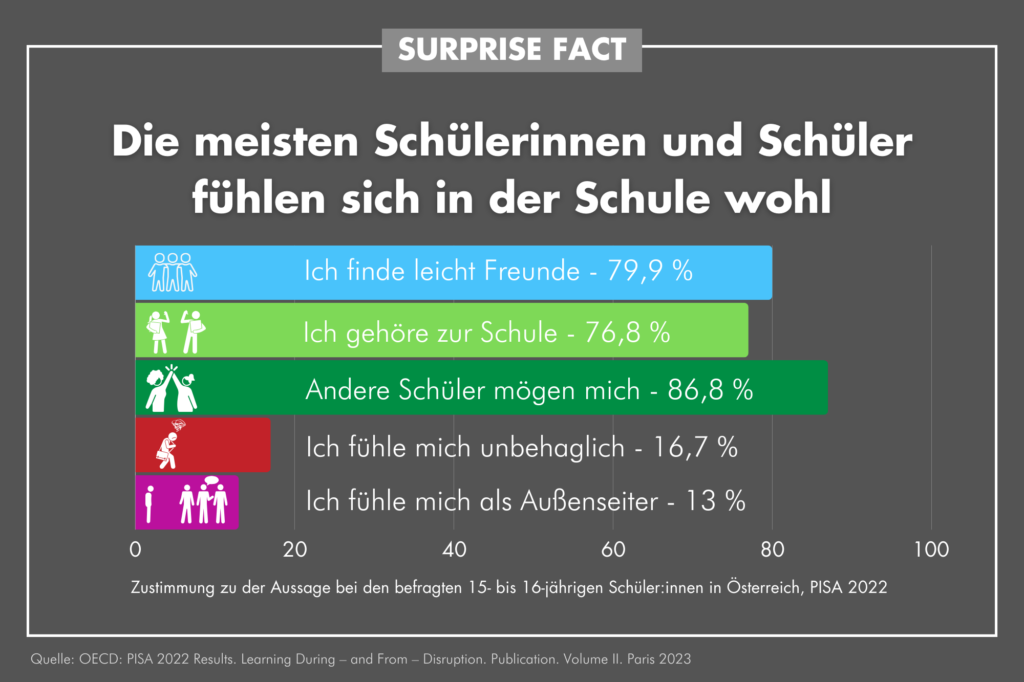Anna Kamenskaya was an expert at this years SURPRISE FACTORS SYMPOSIUM „Where does freedom start and where does it end?” in Gmunden.
The Interview with Anna Kamenskaya:
I think that freedom is a very big, a very emotional and a very powerful word. As I recall from my childhood in Moscow, it was not a word that you would hear or use every day. In fact the word “freedom” was a hush word. The Russian word for “freedom” is “svoboda.” There was a US radio station that was broadcasting to Russia about freedom and the name of the radio station was “svoboda.” People would tune in under their covers at night. As kids we did not know much about it but we did know that it was out there. I think that was my first memory of freedom.
In school, I had a very empowering experience of how freedom of speech could be not only a political pronouncement but also a very personal practical skill. I went to a slightly above-theaverage school with an advanced English language curriculum. That in itself was very exciting – to be learning the language of the foreign countries that I had no likelihood of going to see for myself.
„My freedom is definitely rooted in the freedom of speech.”
We would occasionally have a visiting group from the United States or the United Kingdom. As much as it was fascinating for us to see people from other parts of the world, it was also a daunting experience. Most foreign guests seemed to be very fond of asking us: “Why do you never smile?” “Why do all of your clothes look the same?” “Why do you always look down?”
Those questions were the sure excitement-killers for us, as we had no skills of how to deal with them. But there was one new girl in our class. She had spent her first years of school in Canada because her father was a diplomat. When those tough questions started, we all lowered our eyes and got very quiet, but she said, “But your underground is dirty!” That was it! That one phrase changed everything for us: Our shoulders spread and we looked them in the eye. We had our famous metro to be proud of. But what really mattered then was that one of us stood up and talked back without fear. That’s how I learned that freedom of speech can be empowering to each individual with the values far beyond those words.
Now I live in Hong Kong and I make my living crafting „words“ for „brands“. But when I grew up in Moscow there were no brands. Milk was called „milk“ and bread was called „bread“, and the stores were simply named after what they were selling. Back then, no one ever talked about money. What was the point? Everyone working was making about the same. Now we have infamous oligarchs and a vast income gap. We’ve gone from a time when it was actually considered uncouth to talk about money to a society where it’s all about money.
When I was growing up in the Soviet Union, the idea of flying abroad was almost like flying to the moon.
If there is more freedom these days it comes from the new technology. Technology gives you the freedom not only to be more self-aware but also to have more self-expression. But that freedom is not equal everywhere. I do a lot of work in China and being there prompts me to remember not to take freedom of speech for grantet. Before I board my plane in Hong Kong, I do my research and „like“ my friends‘ photos knowing that I would loose my access to Facebook and Google when I get off the plane in China.
In this „freedom“ conversation I referred all the time to the freedom of speech. I have lived to believe that freedom actually starts with your very own personal skill to be free and how you view yourself and the world around you. And in that respect, freedom is the opposite of fear.
Personal data
The Russian cosmopolitan spent her childhood in Moscow, where she witnessed Russia’s movement towards freedom in the aftermath of the collapse of the Soviet Union in 1991. Prior to moving to Hong Kong in 2000, Kamenskaya studied English and International Business Management & Marketing in Moscow.
Starting her career, Anna Kamenskaya worked for PepsiCo, then became Managing Director at GGK MULLEN LOWE (formerly LOWE GGK) and afterwards held senior roles with other global marketing agencies like DDB, Rapp, Proximity/ BBDO and Wunderman. In January 2008 she founded her own consultancy and marketing agency UP TO IT.
In 2013 she launched a project for the Salim Group in the Thai market called „KidZania“, which introduces children to the real world through role-playing.


